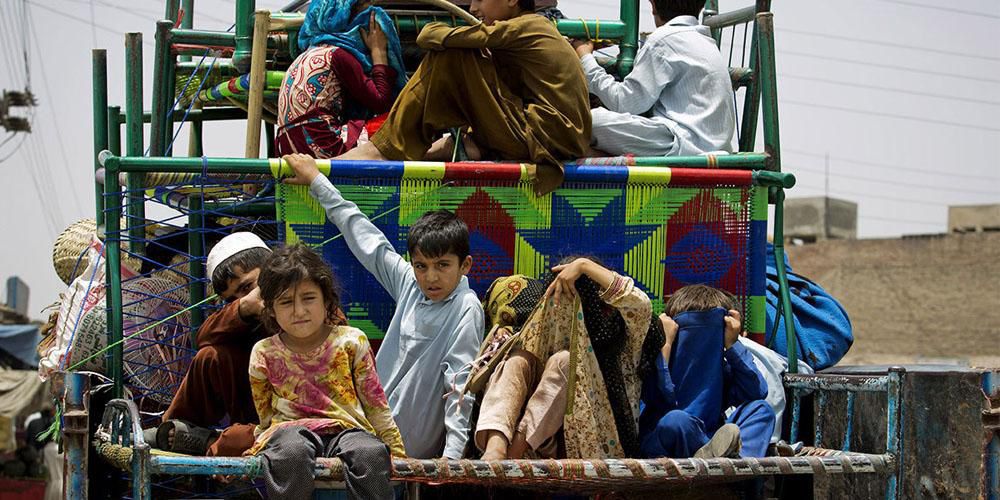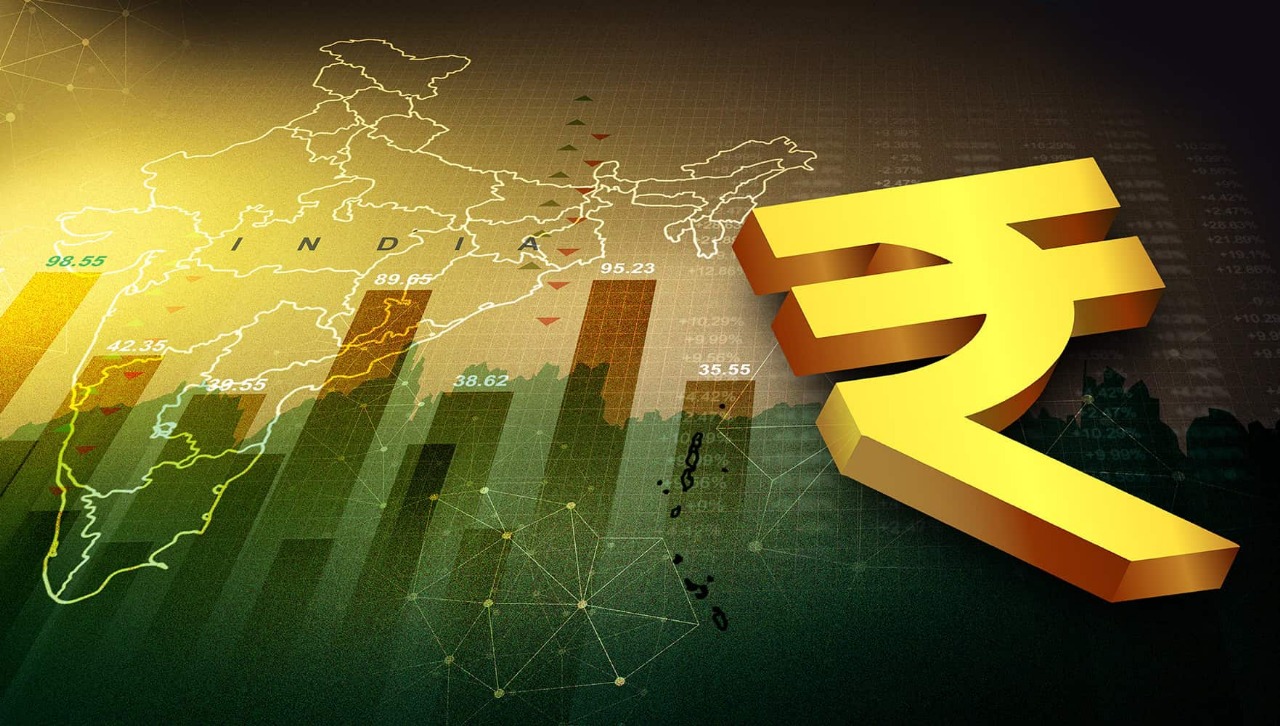 Image Source: Sky Marketing
Image Source: Sky Marketing
Key Highlights
India's reverse migration wave, initially prompted by the Covid-19 pandemic, is now fueling a boom in rural getaways as millions trade city stress for the tranquility—and new potential—the countryside has to offer. What began as a survival instinct is assuming form as a lifestyle and social trend, impacting everything from agriculture and employment to rural hospitality and village life.
From City Pressures to Village Possibilities
In the period from 2018-19 to 2023-24, over 68 million individuals returned to villages, outpacing the urban influx of the preceding decade. This reverse migration, as captured in national surveys, is spurred by disillusionment with insecure urban employment, economic downturns, and excessive city living expenses. Most returnees enumerate alongside job insecurity, the increasing desire for a less hectic, more purposeful way of living that reunites them with family, land, and local customs.
Though the economy of rural India was initially unable to absorb this labor force, government relief such as MGNREGA provided only temporary relief. The increase in agricultural households—from 48% in 2016-17 to 57% in 2023-24—indicates both need and fresh interest in farming and allied activities.
Country Hospitality and Private Retreats
Increasingly, professionals, knowledge workers, and entrepreneurs are choosing voluntary rural migration, made possible by remote work and digital connectivity. This has triggered a hospitality boom in remote locations—boutique hotels, eco-lodges, and community-driven tourism initiatives are thriving as urban refugees seek refuge, slower pace, and scenic open space.
New arrivals bring new entrepreneurial energy—establishing farm stays, artisan businesses, or internet-based ventures—innovating rural economies and introducing cultural exchange.
Societal & Economic Implications The arrival of young and professional people is slowly changing village social dynamics, raising aspirations, and opening up new livelihood options outside of conventional agriculture. Meanwhile, rural locations experience pressures: calls for improved infrastructure, services, and sustainable resource management rise as populations grow.
Economists and policymakers are now seeing boosting agriculture and rural business as central to the development of India, demanding a policy change from considering rural development as a fiscal burden to treating it as an investment in inclusive growth.
As urbanites persist in finding refuge in village tranquility and rural roots, India's reverse migration narrative heralds not a simple retreat, but a re-imagination of growth, happiness, and community in the new age.
Sources: The Tribune, Indian Express
Advertisement
Advertisement



